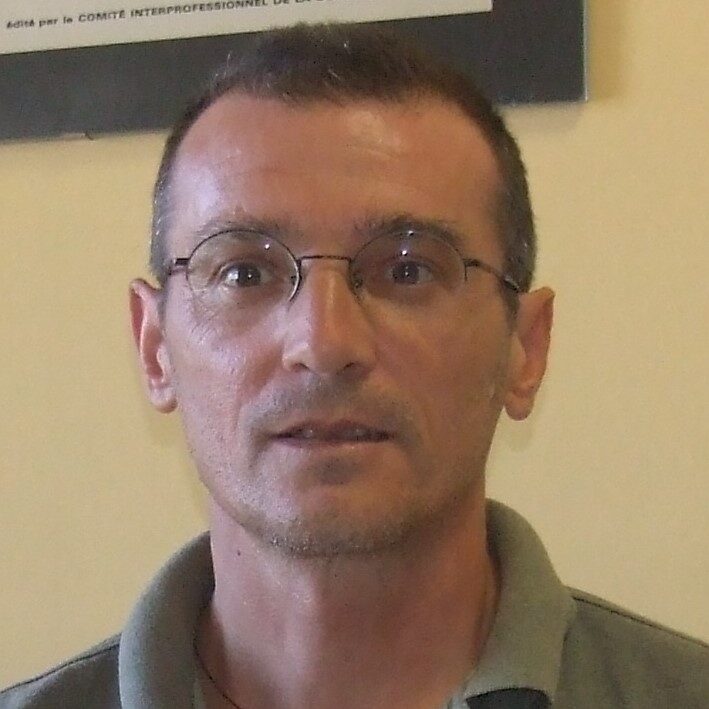Zoobenthos
Zoobenthic communities play a key role in marine ecosystems, providing a source of food for many fish species and helping to mitigate eutrophication and ocean acidification through nutrient and CO2 uptake. Benthic species also play an important role as “ecosystem engineers” because of their ability to create new habitats or modify existing ones. These organisms have also long been excellent bioindicators, are considered critical for obtaining information on the health of marine ecosystems, and play a key role within the Marine Strategy Framework Directive under Descriptors n. 1 (maintenance of biodiversity) and no. 6 (seabed integrity).
Anthropogenic impact alters the functionality of benthic ecosystems, leading to the reduction of their biodiversity. All of this is further exacerbated by the effects of climate change, a cause of further stress for benthic species. The severe increase in these impacts, linked to the fact that many fish stocks are at risk of collapse, has made the ecosystem approach of paramount importance from both a scientific and policy-management perspective. In fact, the philosophy of ecosystem-based management requires great attention to the conservation of habitats in which biological resources perform their functions. Within the Ecosystem approach to fisheries, it is therefore essential to know the structure of benthic communities and their evolution along spatial and temporal scales, also in order to propose management strategies for sustainable fisheries. Nevertheless, there still remains a strong gap on knowledge of benthic habitats and their function, especially when applied in fisheries management.
In these areas, the “Zoobenthos” Working Group of the CNR IRBIM was established to work on the biology, ecology and distribution of zoobenthic species and communities associated with the seafloor, both in deep and coastal waters, to generate new knowledge useful for integrated and marine ecosystem management (both offshore and coastal) and to understand the effects of the impact of human activities and their response.
The Working Group is entrusted with the following tasks:
– Promote joint research and studies on the importance of benthic communities, reducing the current fragmentation of such knowledge in the Institute.
– Promote the creation of an open source database on benthic communities that are being studied by CNR IRBIM.
– Encourage the use of available data for open source scientific productions.
– Promote outreach activities aimed at enhancing the theme of zoobenthos.
– To represent a point of reference for new integrated and cross-cutting projects within the Institute and its Locations.
– Provide visibility to the activities of CNR IRBIM staff engaged in the study of benthic communities, including through multidisciplinary networking.
– Survey activities related to the study of zoobenthic communities within CNR IRBIM.









